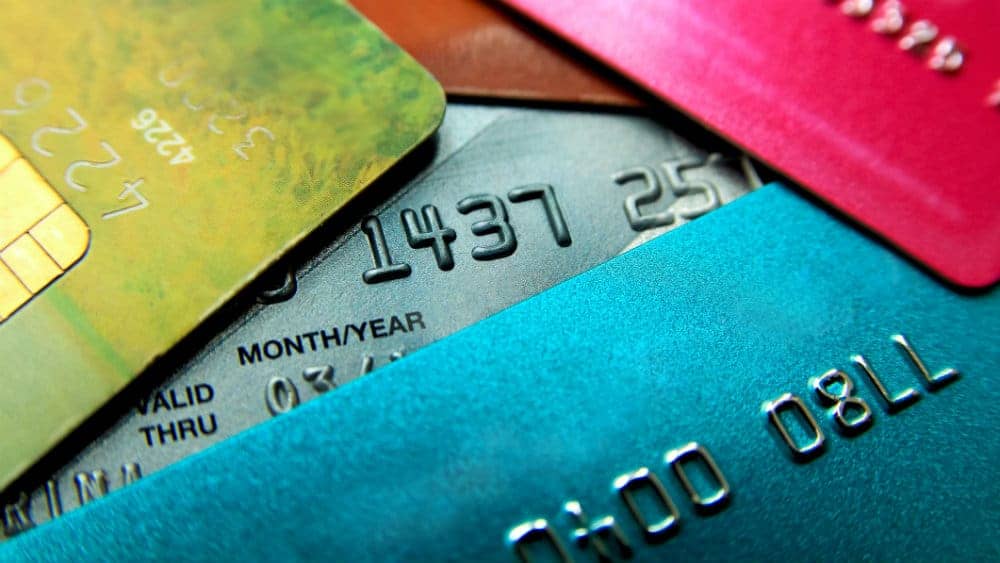Share this page:
Criminals are always looking out for new ways to steal our money. With banks tightening up on credit card fraud, fraudsters are trying to trick us more directly.
‘Push payment’ scams involve criminals tricking us into willingly handing over our money to them. According to research from Hargreaves Lansdown, the cost of this type of fraud rose by 71% to £355.3 million in the first half of this year. It’s overtaken credit card fraud for the first time.
Here, I take a look at how push payment scams work, how much money has been stolen and how you can protect yourself.
How do push payment scams work?
Push payment scams involve criminals tricking victims into directly giving them money. It’s potentially even more distressing than traditional credit card fraud.
The biggest rise in this kind of fraud is impersonation scams. That’s where the criminals call up claiming to be from your bank or from the police. These kinds of cases are up by129% from a year ago. The criminals might tell you that you have been a victim of attempted fraud. In order to protect yourself, they say you need to move your money into a new account, which turns out to be the fraudster’s account, and your money is gone.
The fraudsters will make their approaches seem even more realistic by ‘spoofing’ your bank’s number so it looks like a call is coming from the official number. They may also set up fake websites that look convincing to steal your details so they can tailor the phone call to make you really believe it’s your bank.
Other types of push payment scams include criminals sending fake invoices pretending to be from a tradesperson or school or pretending to be a friend asking for money.
How much money have criminals stolen?
These criminals have stolen around £350 million using these push payment scams in the last year.
In total, including credit card fraud, criminals stole a total of £753.9 million from customers in the first half of this year. It’s up 30% from the same period last year.
The number of push payment fraud incidents involving criminals pretending to be their victims’ bank or the police is up 129% from a year ago.
How can you protect yourself?
Here are some practical tips to protect yourself from fraudsters:
- Don’t be embarrassed. It’s fine to cut someone off if you think they might be a fraudster. Don’t worry about being rude to a potential criminal!
- Genuine banks won’t ever call you asking for money. If the person on the other end ask you to do this, then you can be pretty sure it’s a fraudster.
- If something seems odd then ring off and ring the bank yourself. Make sure you use the number on the back of your bank card.
- When you ring back your bank, make sure that you hear a dial tone first. Criminals sometimes stay on the line, meaning that you haven’t really been disconnected.
- Don’t click through to a website contained in an email asking for payment. Contact your bank directly first to make sure the email is legitimate.
- If you receive an invoice, contact the organisation it claims to be from directly to check it’s genuine.
What can you do if you’ve been scammed?
If you think you’re a victim of a scam, here are three things you should do:
- Report it to Action Fraud, which is the national fraud reporting service. You can phone 0300 123 2040 or report it online.
- Contact your bank straight away to let them know you’ve been scammed. You may be able to get a refund, depending on the circumstances.
- Change your passwords and PINs on your debit and credit cards so the fraudsters can’t use your details. That way you won’t risk further credit card fraud.
Was this article helpful?
YesNo
About the author
A Chartered Accountant, Mum and personal finance geek, Alice writes on topics including budgeting, saving and investing.
Share this page:
Some offers on The Motley Fool UK site are from our partners — it’s how we make money and keep this site going. But does that impact our ratings? Nope. Our commitment is to you. If a product isn’t any good, our rating will reflect that, or we won’t list it at all. Also, while we aim to feature the best products available, we do not review every product on the market. Learn more here. The statements above are The Motley Fool’s alone and have not been provided or endorsed by bank advertisers. John Mackey, CEO of Whole Foods Market, an Amazon subsidiary, is a member of The Motley Fool’s board of directors. The Motley Fool UK has recommended Barclays, Hargreaves Lansdown, HSBC Holdings, Lloyds Banking Group, Mastercard, and Tesco.
This post was originally published on Motley Fool







